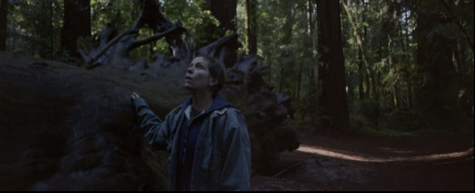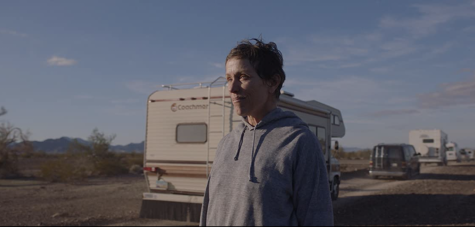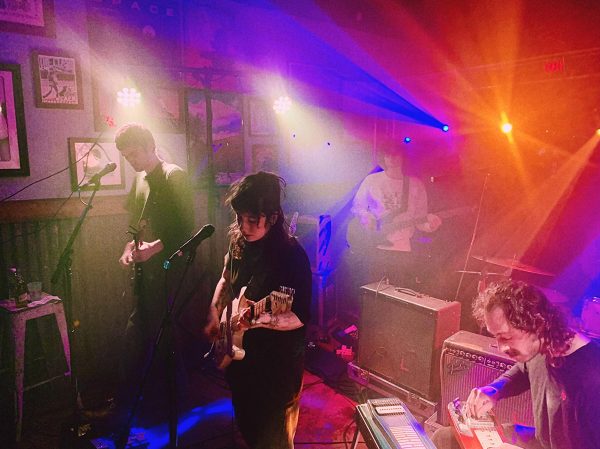REVIEW: ‘Nomadland’ drives off into the sunset
The politics and discourse of the pandemic have been anything but consistent, but one thing that’s stayed rigid for months has been the rapturous critical reception of Chloé Zhao’s poetic drama film ‘Nomadland.’ The film won the Golden Lion at last year’s Venice Film Festival, and from there, it’s gone on to have a major presence in critics awards, winning best picture in many of them.
Chinese-American director Chloé Zhao made headlines for breaking the record of being the most awarded filmmaker in a single awards season. It feels like an anomaly, perhaps, that such an understated film would garner the amount of accolades that it has—but rest assured, ‘Nomadland’ is a significant new venture in cinema that breaks new ground in realism, in subtext and in visual storytelling.

‘Nomadland’ tells the story of a drifter named Fern (a never-better Frances McDormand), who, after being negatively affected by the recession of 2008, adopts a nomad lifestyle, living in a van and traveling across the country. She interacts with other nomads, including an enigmatic man named Dave (Daivd Strathairn), causing her to evaluate the pros and cons of her lifestyle.
The most startling and exciting aspect of ‘Nomadland’ is Chloé Zhao’s direction. Zhao, who had previously directed ‘The Rider,’ commands each shot of the film like a virtuoso, bestowing viewers with breathtaking images that shroud the American midwest in gorgeous sunsets and sunrises. While the film is admittedly slow paced, it never dwells too long on a single moment. Zhao’s framing and her knack for cutting at the right moment keeps the synergy flowing from scene to scene. The directorial style is similar to that of ‘The Tree of Life’ where director Terence Malick uses an intimate handheld camera and focuses on thematic elements surrounding livelihood, but Zhao’s style—her ‘eye’ for cinema—still comes across as something that is uniquely hers.

McDormand, too, pulls off something significant with her performance as Fern. During scenes when she sits among non-actors while listening to a speaker or watching someone play guitar, it really feels like she’s blending in with the crowd—which is a compelling feat given that most of the nomads seen in the film are actual real-life nomads. The performance offers a lived-in figure in which the audience understands her origin and her perspective without having to be told about it.
After an awards-qualifying run in a limited amount of theaters, ‘Nomadland’ is now available to audiences via Hulu—and this means, of course, that the film’s cultural impact will begin in earnest. The realism of this film—how it utilizes non-actors without causing the story to feel forced—will likely inspire future filmmakers looking to utilize a similar effect, while audiences will definitely be encouraged to consider the plight of a forgotten sector of Americans and the existence of people who live outside the bounds of normal life.
‘Nomadland’ is a haunting, unforgettable experience that sticks with its viewers long after the credits roll. The noise surrounding its accolades will die down eventually, but the heartfelt intention and innovative cinematic approach will live on for a long time.











